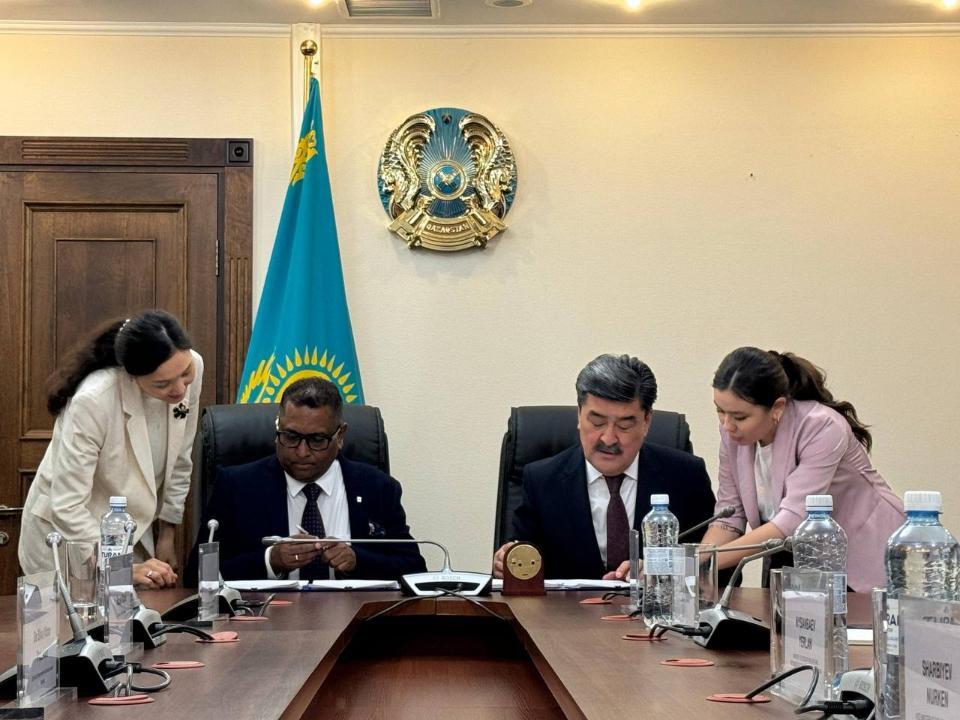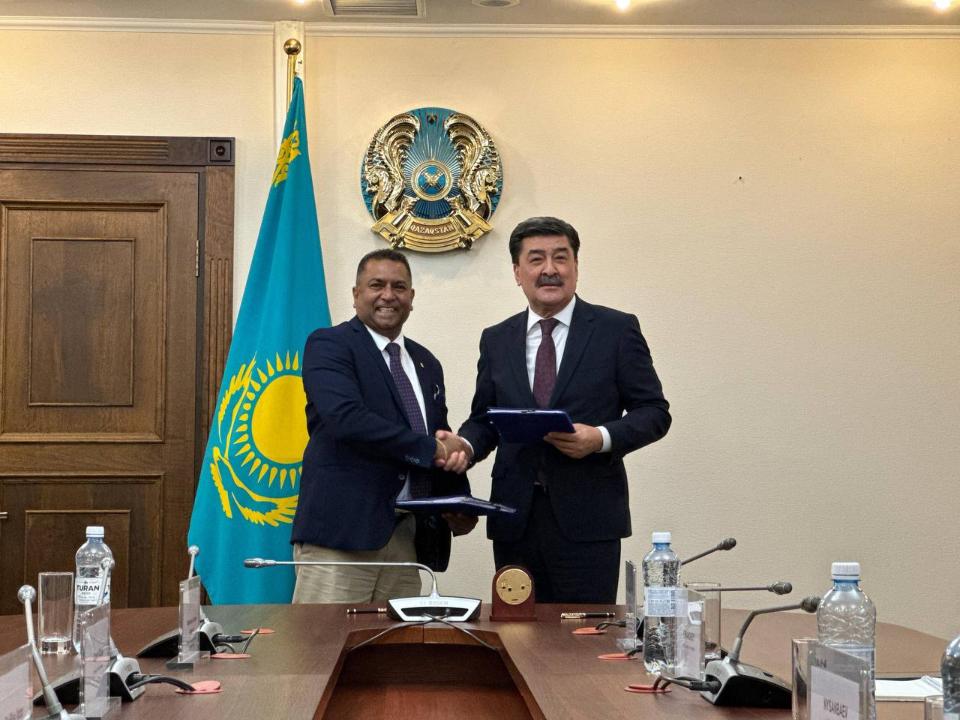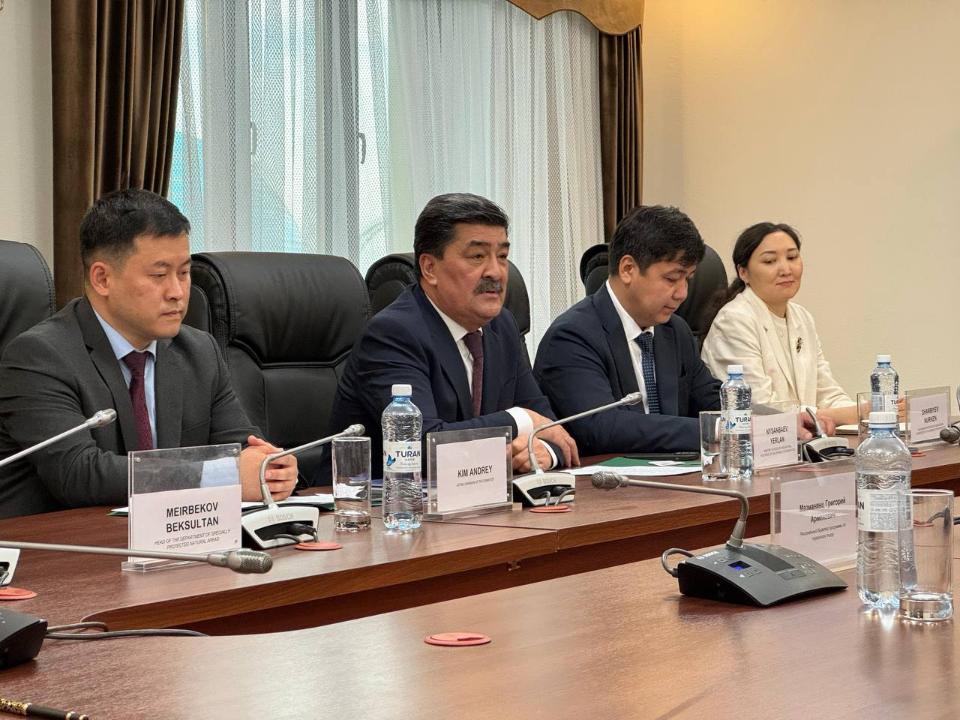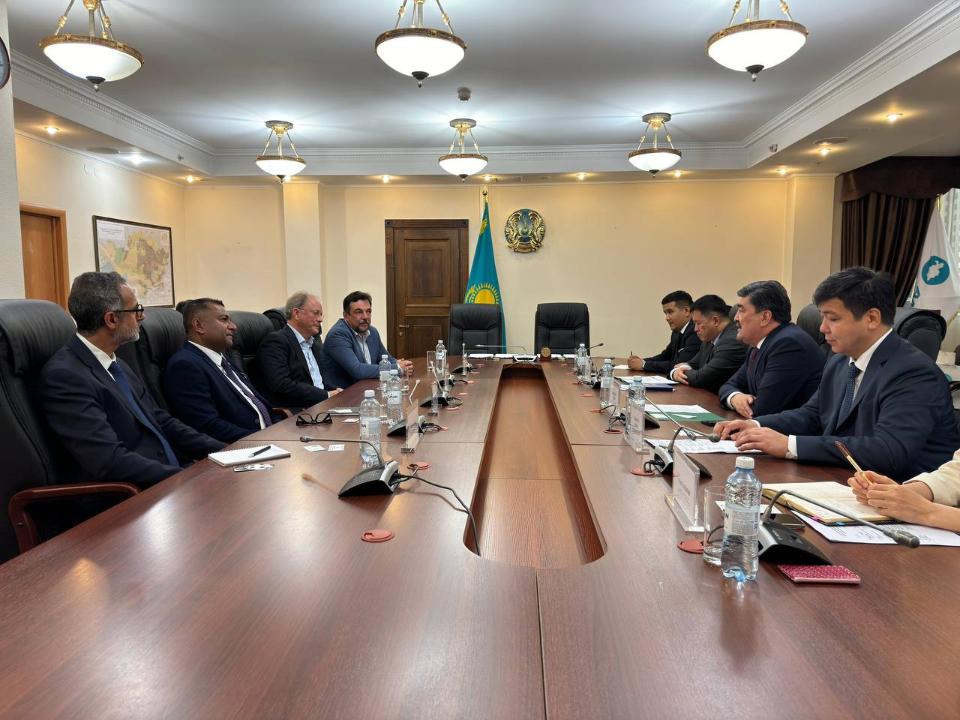Memorandum Signed on the Return of Tigers to Kazakhstan, DKnews.kz reports.

On July 15, 2024, a Memorandum of Cooperation was signed between the Ministry of Ecology and Natural Resources of the Republic of Kazakhstan and the World Wildlife Fund (WWF International) for the implementation of the Tiger Reintroduction Program in the Republic of Kazakhstan. This significant event marks a new phase in the restoration of the tiger population and the conservation of biodiversity in the region.

The memorandum is a continuation of the successful and fruitful cooperation between the Ministry of Ecology and WWF, which has already led to significant achievements in the restoration of biodiversity and infrastructure in the Ile-Balkhash Nature Reserve. Previously conducted joint activities have contributed to improving the ecological situation in the region, creating favorable conditions for the return of tigers.

The Tiger Reintroduction Program in Kazakhstan is not only an ecologically important project but also a symbol of efforts to restore the country's natural heritage. The return of these majestic predators to their historical homeland will help not only restore their population but also strengthen the region's ecosystem as a whole. Tigers play a key role in maintaining the balance of natural ecosystems, and their presence helps preserve other animal and plant species.

This initiative has become possible thanks to the fruitful cooperation of many organizations and experts. Scientists, ecologists, representatives of government agencies, and international organizations are involved in the project. They are united by a common goal - to return tigers to Kazakhstan and ensure their long-term survival in the wild.

The signing of the memorandum also emphasizes the importance of international cooperation in nature conservation. Thanks to the support of WWF and other partners, Kazakhstan will be able to use the best global practices and technologies for the successful implementation of the Tiger Reintroduction Program.
The Minister of Ecology and Natural Resources of the Republic of Kazakhstan noted that the return of tigers to Kazakhstan is an important step in strengthening the country's ecological and cultural heritage. He expressed confidence that the successful implementation of the program will serve as an example for other countries and regions striving to restore and preserve their natural wealth.

A representative of WWF International emphasized that the memorandum of cooperation with Kazakhstan is a significant event for the entire organization. He noted that the return of tigers to their historical habitats is one of WWF's priority activities and that cooperation with Kazakhstan opens up new opportunities for achieving this goal.
Thus, the signing of the memorandum on the return of tigers to Kazakhstan is an important step towards restoring the country's natural heritage. The implementation of the Tiger Reintroduction Program will become a symbol of international cooperation and joint efforts to preserve the planet's biodiversity.







